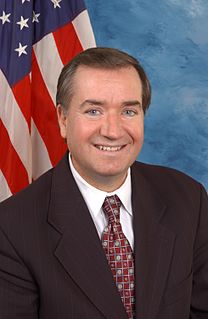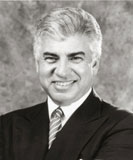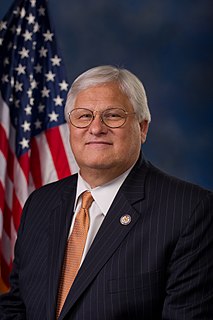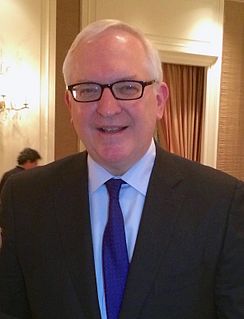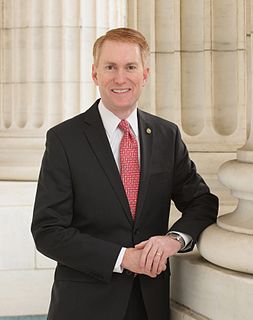A Quote by Peter Bergen
The 9/11 attack itself played out around the world, with planning meetings in Malaysia, operatives taking flight lessons in the United States, coordination by plot leaders based in Hamburg, and money transfers from Dubai - activities overseen by al-Qaeda's senior command from secure bases in Afghanistan.
Related Quotes
I think, in fact, the situation with respect to al Qaeda, to say that, you know, that was a big attack we had on 9/11, but it's not likely again, I just think that's dead wrong. I think the biggest strategic threat the United States faces today is the possibility of another 9/11 with a nuclear weapon or a biological agent of some kind. And I think al Qaeda is out there even as we meet, trying to figure out how to do that.
Some Pakistanis fought for the Taliban. Pakistani extremist groups provided infrastructural support to Al Qaeda. There was a coming and going of Al Qaeda militants and leaders between Afghanistan and Pakistan for several years. All that has really happened is that Al Qaeda has escaped from Afghanistan come into Pakistan, got in touch with their contacts and friends in these extremist groups, which then provided them with safe houses, cars, and not just in the border areas but also in the cities. Rooting out Al Qaeda in Pakistan now is where the main battle is being fought.
The idea the president of the United States was warned that Al-Qaeda was going to attack the United States and did nothing about it - really? Do you think any president of the United States, if he had even an inkling there was going to be an attack, they wouldn't have moved heaven and earth to try to stop it?
We're here so that Afghanistan does not once again become a sanctuary for transnational extremists the way it was when al-Qaeda planned the 9/11 attacks in the Kandahar area, conducted the initial training for the attackers in training camps in Afghanistan before they moved on to Germany and then to U.S. flight schools.
There are no barriers to entries. Think of this as Linux in terms of software. Anyone can have part of the operating system so long as you pledge allegiance to the ideas. Previously, if you wanted to join al Qaeda, you had to travel to an al Qaeda safe haven, probably in northern Pakistan or Afghanistan. Now all you have to do is get a gun, choose a target, and carry out an attack.
Obviously, the death of Usama Bin Laden marked a strategic milestone in our effort to defeat al-Qa'ida. Unfortunately, Bin Laden's death, and the death and capture of many other al-Qa'ida leaders and operatives, does not mark the end of that terrorist organization or its efforts to attack the United States and other countries.

